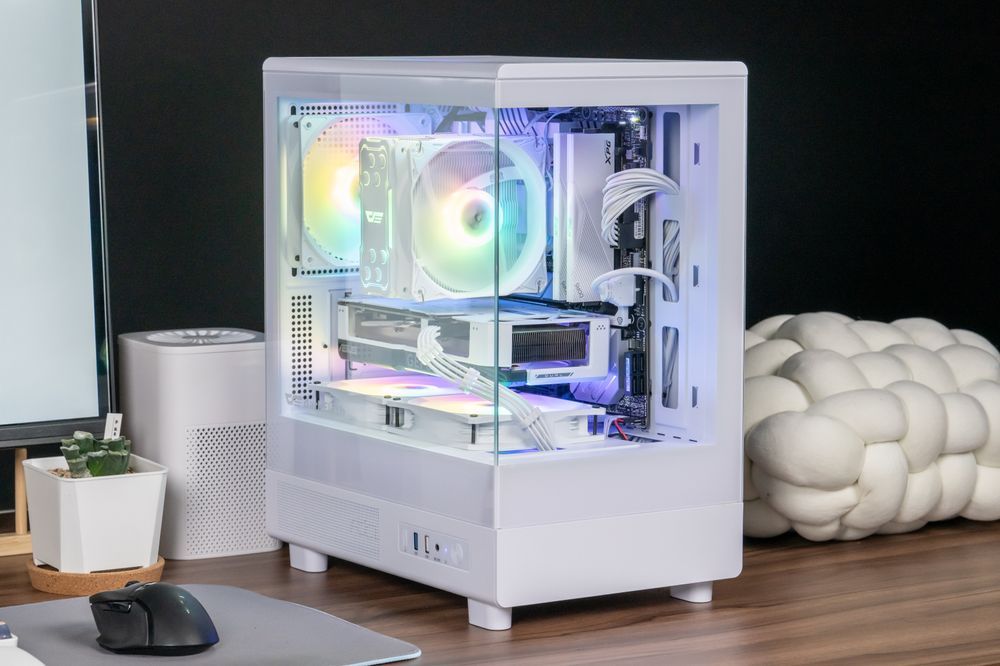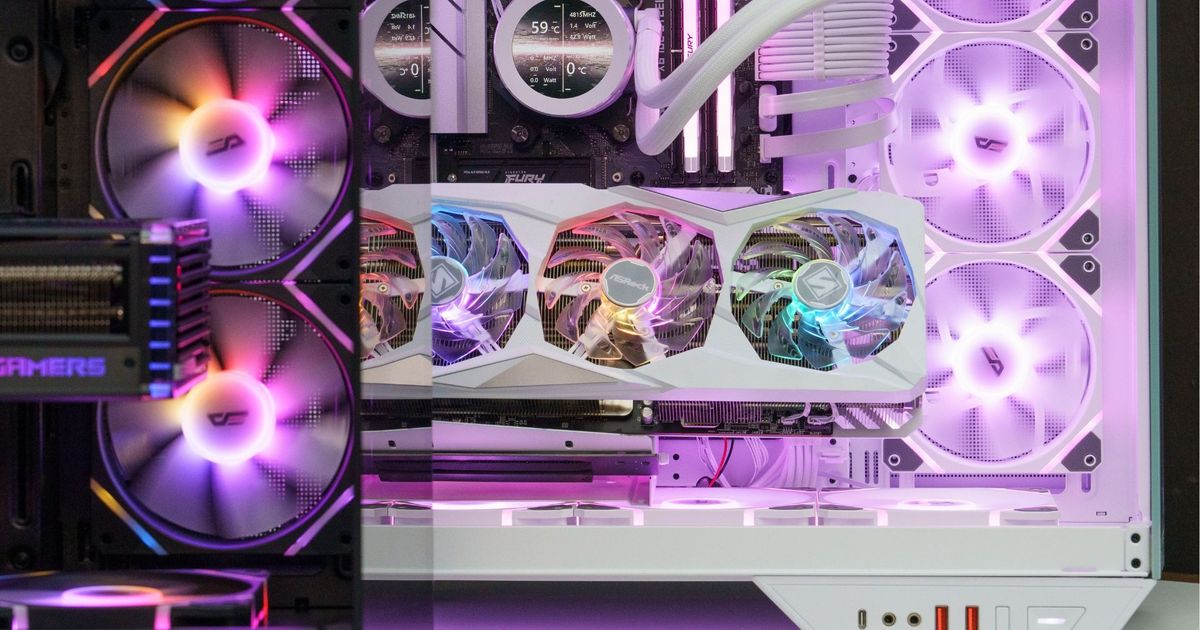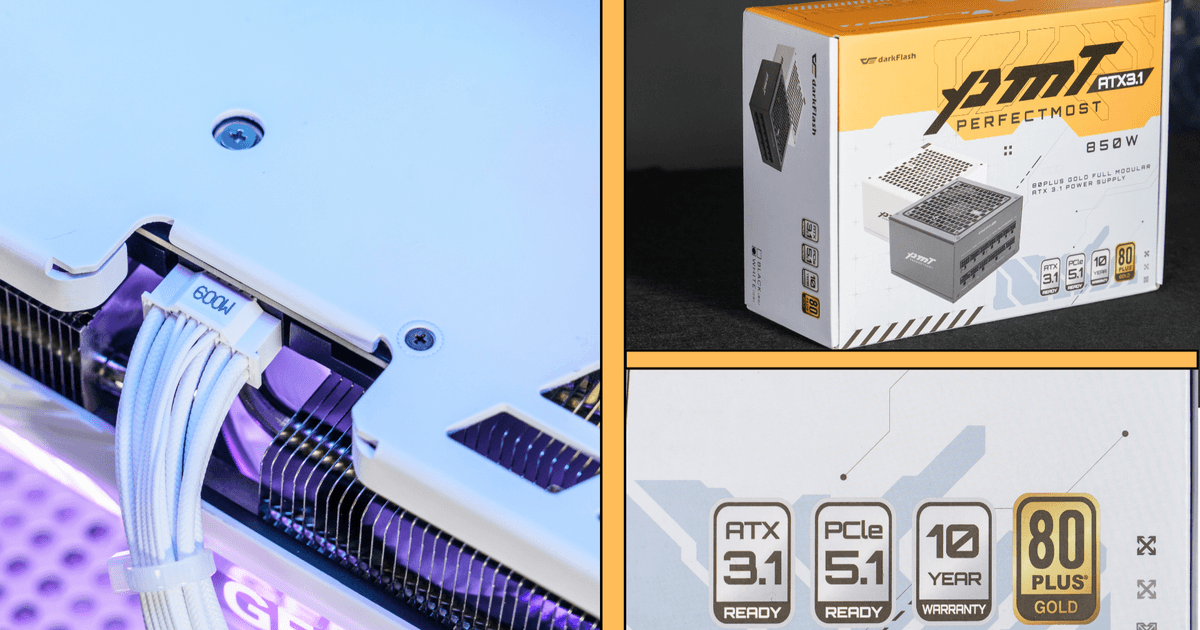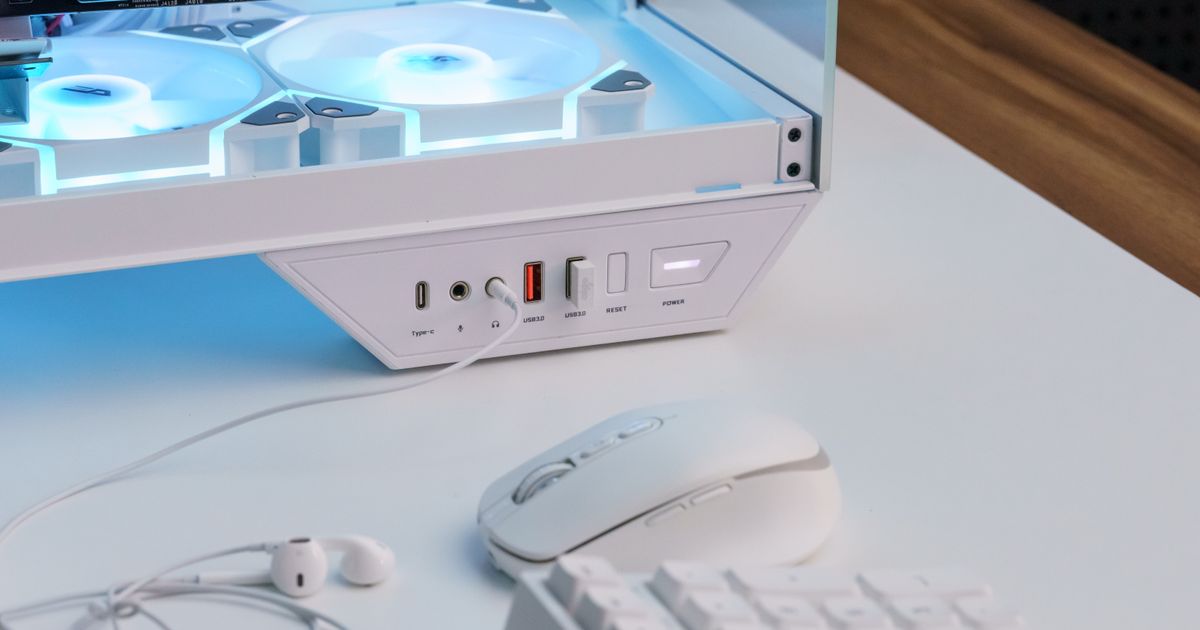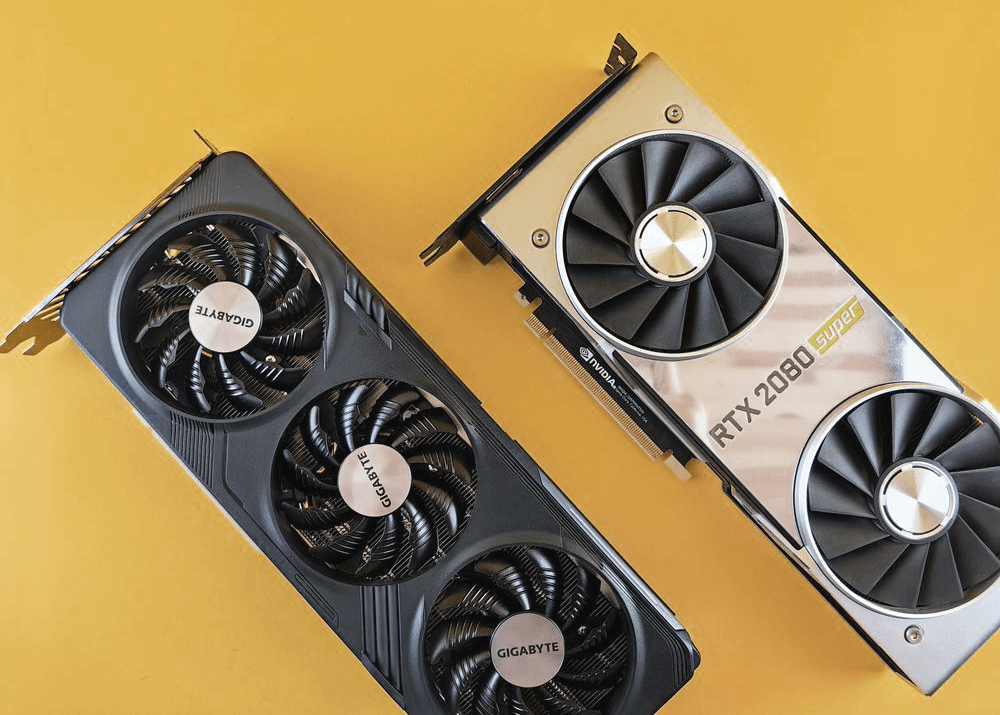
When shopping for a graphics card, you may notice that the same model often comes in both dual-fan and triple-fan versions, with a price difference of around NT$1,000–2,000. So, should you save money and go for the cheaper dual-fan card, or spend a little extra for the cooler-looking triple-fan card?
How Fan Count Affects GPU Cooling and Performance
A graphics card primarily relies on its fans to cool the GPU chip and other onboard components. The number of fans can affect:
Cooling efficiency – More fans generally mean better heat dissipation.
Noise level – Better cooling can come with higher noise output, depending on fan speed and design.
Card length & case compatibility – More fans typically require a longer card, which may limit compatibility with certain PC cases.
Dual-Fan Graphics Cards – Pros and Cons
Pros:
Shorter length (typically 200–280 mm), ideal for small form factor (SFF) cases or ITX builds.
Lower cost and better value for budget-conscious buyers.
More flexible installation space, less likely to interfere with other components.
Cons:
Slightly lower cooling performance compared to triple-fan designs.
Under heavy load, temperatures may be higher, causing fans to spin faster and generate more noise.
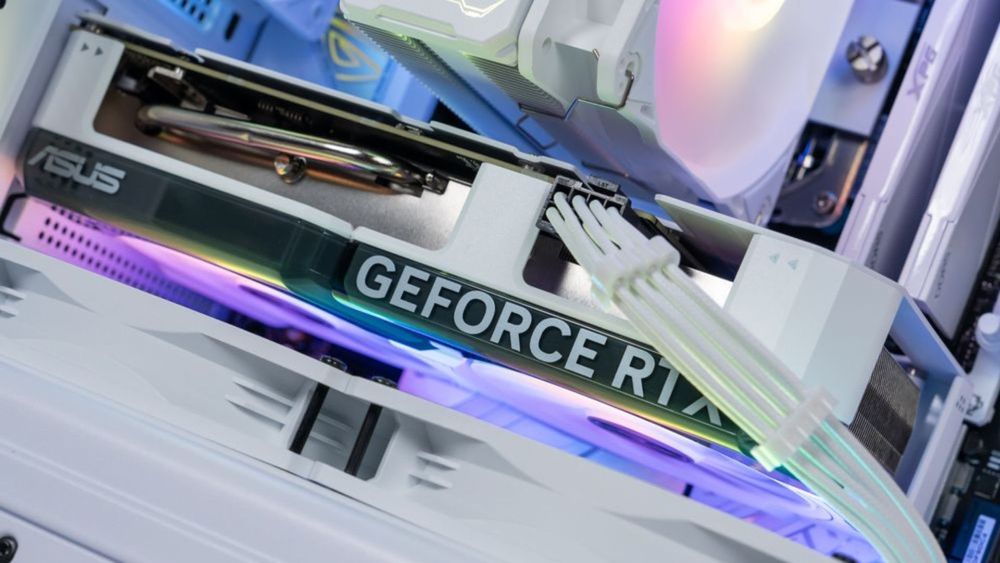
Triple-Fan Graphics Cards – Pros and Cons
Pros:
Superior cooling efficiency, well-suited for high-end GPUs.
More stable temperatures during extended gaming or rendering sessions.
Can achieve the same cooling performance at lower fan speeds, making them quieter under load.
Cons:
Longer length (often 300 mm or more), requiring careful case clearance checks.
Usually slightly more expensive than dual-fan variants.
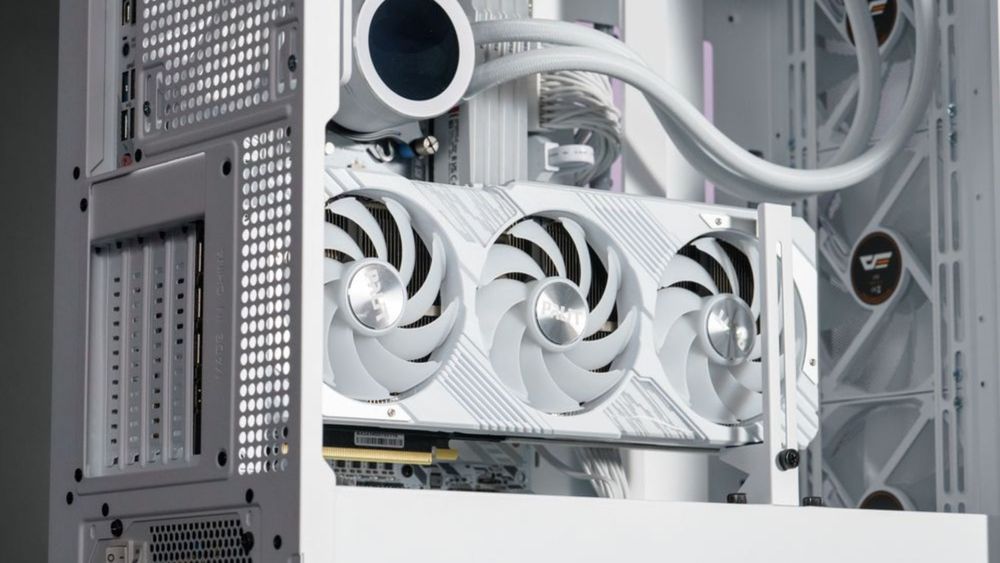
Which Is Better for You: Dual-Fan or Triple-Fan GPU?
Here are three key factors to help you choose the right GPU design:
1. Case Size & Compatibility
Limited space (ITX / compact mATX cases) → Dual-fan GPU
Mid-tower or larger ATX cases → Triple-fan GPU
2. Budget
Tight budget → Dual-fan GPU
Flexible budget → Triple-fan GPU
3. Usage Needs
Heavy GPU workloads (e.g., 4K gaming, 3D rendering) → Triple-fan GPU for better cooling.
Light to moderate use → Dual-fan GPU for lower noise and cost savings.
